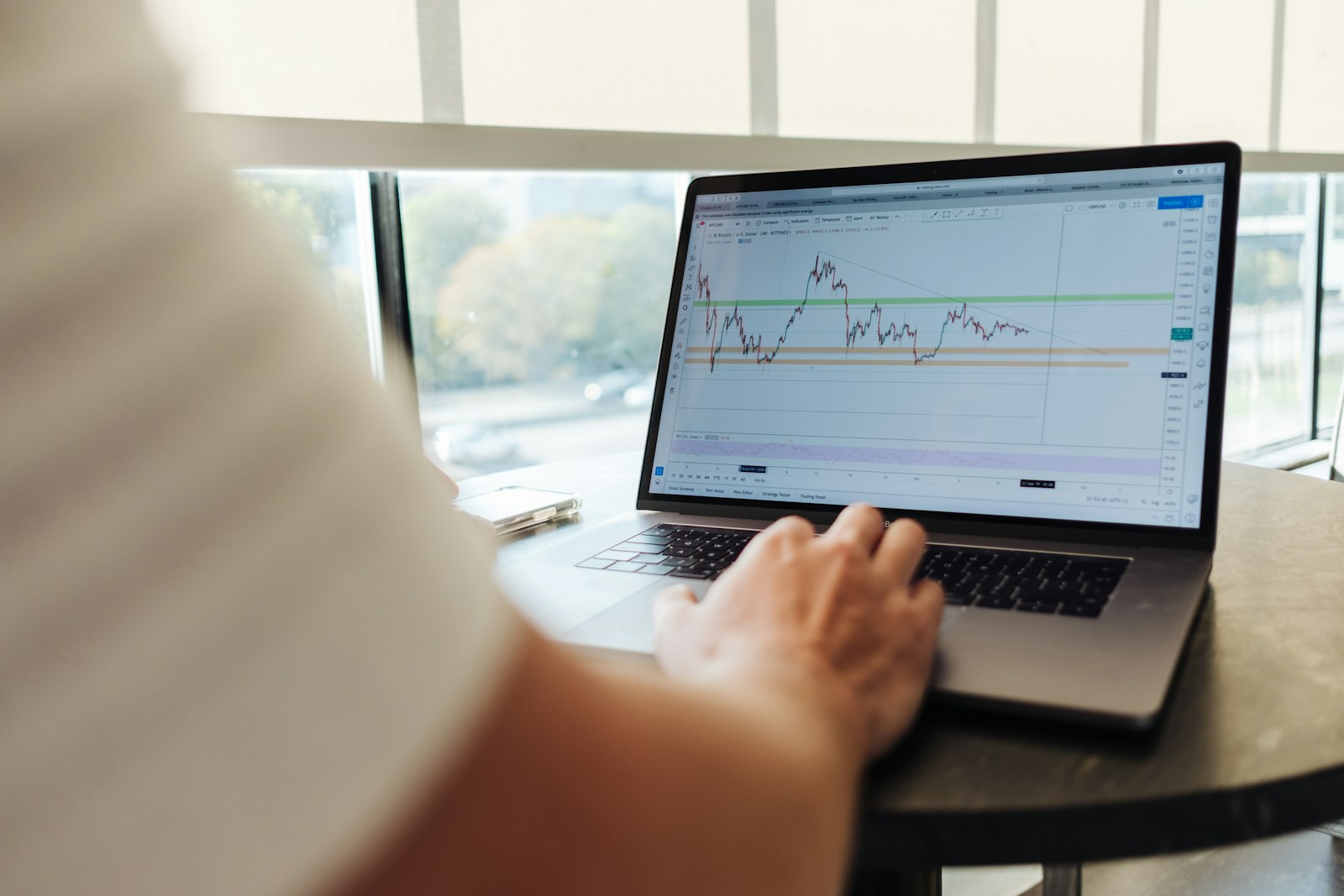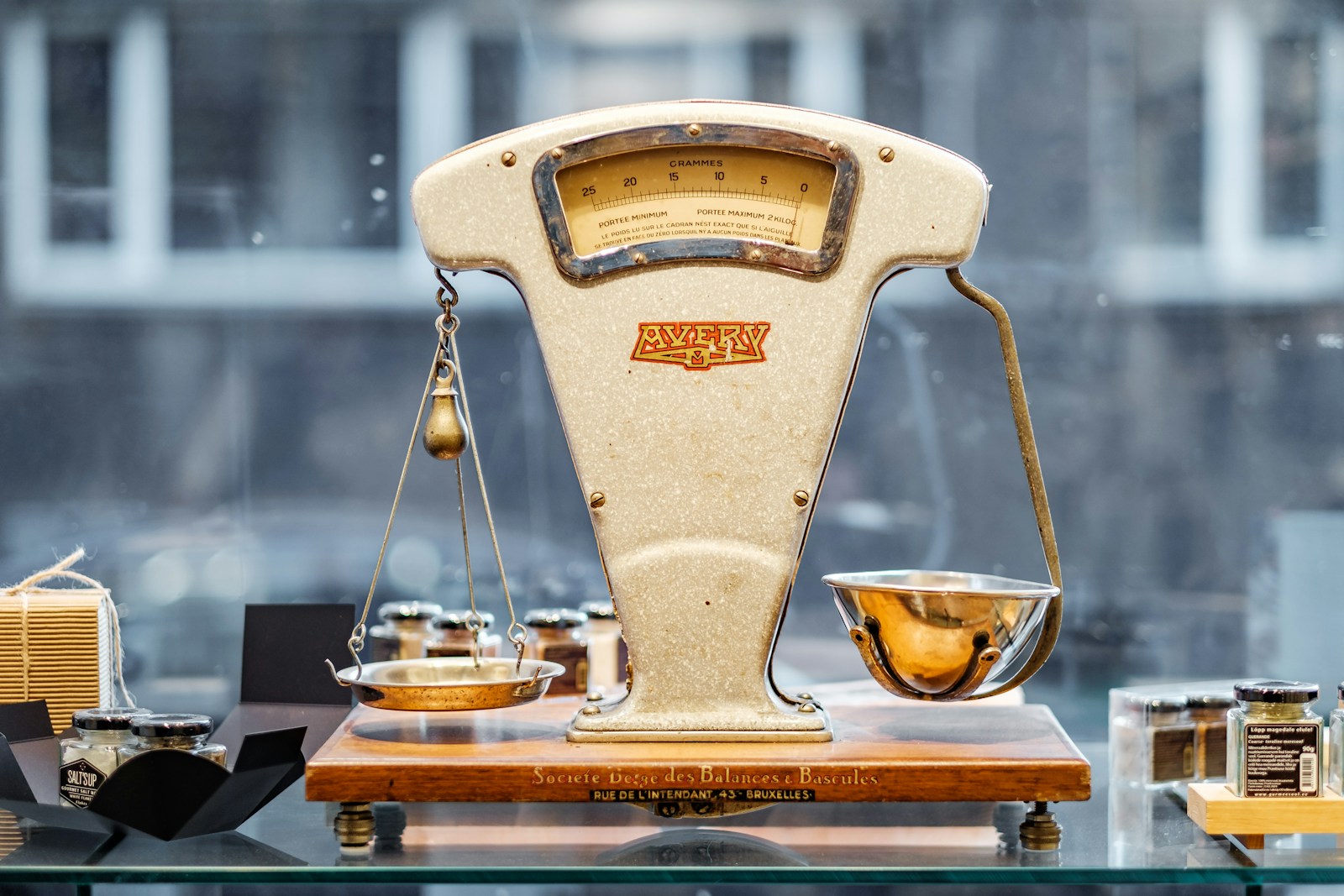In the world of trading, ambition often runs high. Many beginners dream of achieving quick profits and jumping into the markets with significant capital. However, starting small is one of the most psychologically beneficial strategies a trader can adopt. It allows you to build confidence, gain experience, and minimize emotional stress while learning the complexities of trading.
This article explores why starting small is essential, the psychological advantages it offers, and practical tips for adopting this approach.
The Psychological Challenges of Trading
Trading is not just a numbers game—it’s an emotional journey. The highs and lows of the market can trigger a range of emotions, including fear, greed, frustration, and overconfidence. For new traders, these emotions can lead to impulsive decisions, such as:
- Overtrading: Placing too many trades in the hope of quick profits.
- Revenge Trading: Trying to recover losses with risky moves.
- Paralysis: Hesitating to act due to fear of making mistakes.
Starting with significant capital magnifies these emotions, as the stakes feel much higher. Conversely, starting small reduces pressure and creates a safer environment to learn.
Why Starting Small is Crucial for Success
1. Reduces Emotional Pressure
When you start with a small amount of capital, losses feel less overwhelming. This allows you to approach trading with a clear mind, free from the paralyzing fear of losing large sums.
2. Builds Confidence Gradually
Trading success comes from consistency, not from hitting a home run on your first try. Starting small lets you focus on refining your strategy and building confidence over time.
3. Facilitates Learning Without Significant Risk
The financial markets are complex, and no amount of theoretical knowledge can replace hands-on experience. Starting small gives you the freedom to experiment and learn from mistakes without jeopardizing your financial well-being.
4. Promotes Discipline and Patience
Trading with a small account forces you to be selective with your trades, fostering discipline. It also helps you develop the patience required to wait for high-probability setups.
5. Creates a Foundation for Long-Term Success
Starting small allows you to build a strong psychological and technical foundation. As you grow more confident and skilled, you can gradually scale up your trading size with a solid base of experience.
Psychological Benefits of Starting Small
1. Minimizes Fear of Loss
The fear of losing money is one of the biggest barriers for new traders. Trading small amounts helps you ease into the markets without the constant worry of significant losses.
2. Encourages Rational Decision-Making
High stakes often lead to emotional decisions. By starting small, you can make logical trading decisions based on your strategy rather than on panic or greed.
3. Reduces Overconfidence
Winning big early on can lead to overconfidence, which often results in reckless trading. Starting small keeps your ego in check and reminds you that trading is a skill that takes time to master.
4. Provides Room to Make Mistakes
Mistakes are inevitable, especially for beginners. Starting small ensures that these mistakes are affordable lessons rather than costly setbacks.
How to Start Small in Trading
1. Set a Modest Initial Capital
Choose an amount of money that you can afford to lose without affecting your financial stability. This reduces emotional attachment to the outcome of individual trades.
2. Focus on Learning, Not Earning
Shift your mindset from making profits to gaining experience. Your primary goal in the early stages should be to understand the market, refine your strategy, and learn from your trades.
3. Trade with Micro or Mini Lots
In forex trading, for example, micro or mini lots allow you to trade with smaller positions. This keeps your risk low while giving you real market exposure.
4. Use a Demo Account First
Practice with a demo account to familiarize yourself with the trading platform and test your strategy. Transition to live trading with a small account once you feel confident.
5. Implement Strict Risk Management
Even with a small account, it’s essential to use stop-loss orders and follow the 1-2% risk rule, ensuring you don’t risk more than a small percentage of your capital on any single trade.
6. Track Your Progress
Keep a trading journal to document your trades, emotions, and lessons learned. This habit helps you identify patterns in your behavior and improve over time.
Scaling Up After Starting Small
Once you’ve built confidence and consistency with a small account, you can begin to scale up. Here’s how:
- Increase Position Sizes Gradually: As your account grows, incrementally increase your position sizes while maintaining your risk management rules.
- Reassess Your Strategy: Ensure your strategy is scalable and effective in different market conditions before committing more capital.
- Stay Disciplined: Resist the urge to scale up too quickly. Emotional discipline remains crucial as the stakes get higher.
Conclusion
Starting small is not a sign of hesitation or lack of ambition—it’s a smart, strategic approach to mastering the psychological and technical aspects of trading. By reducing emotional pressure, allowing room for mistakes, and fostering disciplined habits, starting small lays the groundwork for long-term success.
Remember, trading is a marathon, not a sprint. Building your skills, confidence, and emotional resilience takes time. By starting small, you give yourself the opportunity to grow into a skilled and confident trader without risking significant losses along the way.
Stay patient, stay disciplined, and remember that small beginnings often lead to big success.








